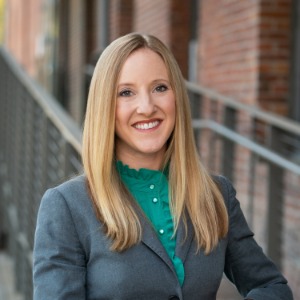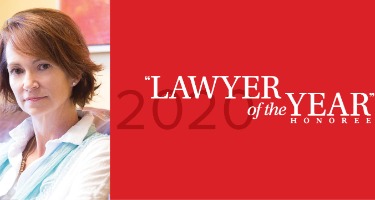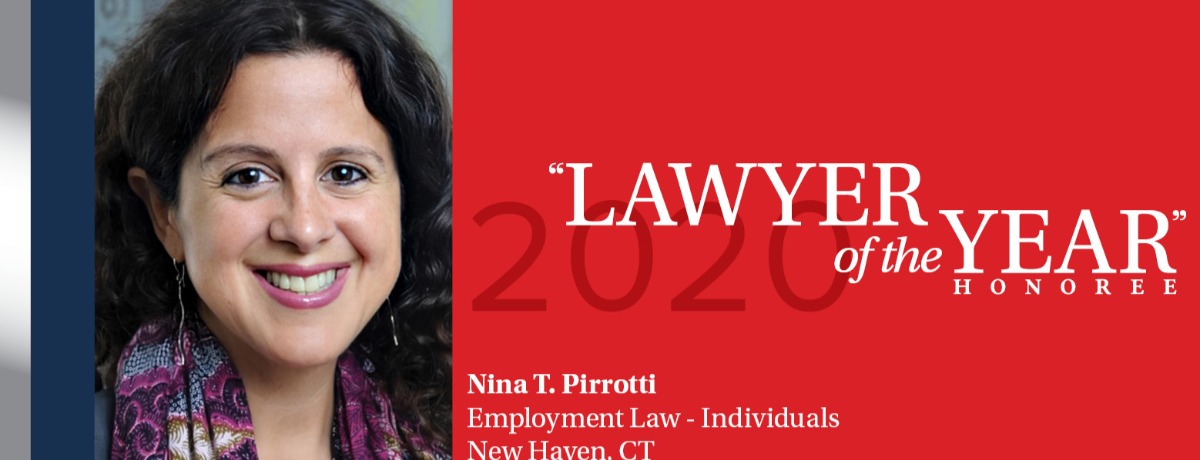Colorado’s Restrictive Employments Agreement Act (HB 22-1317) (the “Act”), became effective on August 10, 2022. It dramatically changes Colorado’s law regarding non-competition agreements, non-solicitation agreements, and confidentiality agreements relating to workers.
Here’s what you need to know and do now:
Changes to Enforceability of Non-Compete Agreements
Non-competes in Colorado remain void unless they fall within certain exemptions. The Act, however, changes those exemptions. For example, there is no longer an exemption for management and executive personnel or the protection of trade secrets standing alone.
Instead, non-competition agreements will be valid only if they are: (1) entered into with a “highly compensated worker” (i.e., a worker making at least $101,250 in 2022; this dollar amount will change annually); (2) designed to protect trade secrets; and (3) no broader than necessary to protect the employer’s legitimate interest in protecting trade secrets.
Takeaway: Review your non-compete agreements to ensure they are used only for workers making over $101,250, contain language indicating they are necessary to protect your trade secrets, and that they are not broader than necessary to protect your trade secrets.
Changes to Enforceability of Non-Solicitation Agreements
The Act also specifically references non-solicitation agreements. Agreements not to solicit an employer’s customers will be valid only if they are: (1) entered into with workers making at least sixty percent of the threshold amount for highly compensated workers (i.e., a worker making at least $60,750 in 2022; this dollar amount will also change annually); and (2) no broader than necessary to protect the employer’s legitimate interest in protecting trade secrets.
The Act remains silent on agreements not to solicit employees, which courts have held are enforceable.
Takeaway: Review your non-solicitation agreements to ensure they are used only for workers making at least $60,750 and that they are not broader than necessary to protect your trade secrets.
Other Restrictive Covenants
The following types of restrictive covenants remain effective under the Act:
- Provisions providing for an employer’s recovery of the expense of educating and training;
- Reasonable confidentiality provisions, as long as they do not prevent the disclosure of information that: (a) arises from the worker’s general training, knowledge, skill, or experience, whether gained on the job or otherwise; (b) is readily ascertainable to the public; or (c) that a worker otherwise has a right to disclose as legally protected conduct;
- Covenants for the purchase and sale of a business or the assets of a business; and
- Provisions requiring the repayment of a scholarship.
Takeaway: Update your confidentiality agreements with your workers to specifically ensure certain limitations on disclosures that the Act does not permit.
Employers Must Be Aware of the Act’s Notice Requirement
Any restrictive covenant listed above will be deemed void if the employer does not provide adequate notice to workers and prospective workers.
Companies must provide current workers at least fourteen days’ notice before the earlier of (1) the effective date of the covenant; or (2) the date of any additional compensation or change in the terms or conditions of employment.
Prospective workers must be provided notice before they accept an offer of employment.
The notice must be contained in a separate document and in “clear and conspicuous terms in the language in which the worker and employer communicate about the worker’s performance.”
Takeaway: Draft your notice document now, so you are prepared to provide it with a prospective worker’s offer letter, or upon any change of circumstance of a current worker (such as implementing a restrictive covenant when a worker’s salary increases above either $101,250 or $60,750, as applicable).
Penalties for Violating the Act
If an employer presents, attempts to enter into, or enforce a void restrictive covenant, the employer will be liable for actual damages and a penalty of $5,000 per worker (or prospective worker). Either the worker or the Attorney General may initiate an action to seek injunctive relief and recover penalties. A worker may also recover their reasonable costs and attorneys’ fees.
Takeaway: Update your agreements and corresponding documents now.
Criminal Penalties for Violating the Act
The Act clarifies that it is a class 2 misdemeanor for an employer or individual “to use force, threats or other means of intimidation” to prevent any person from engaging in lawful work.
Takeaway: Although the language remains vague, legal scholars agree that an employer must do more than enter into a void restrictive covenant agreement for criminal penalties to apply.
The Statute is Not Retroactive
Restrictive covenants executed before August 10, 2022, are not affected by the Act. Those restrictive covenants (including non-competes for management or executive personnel) will be assessed under the previous standard.
Takeaway: Restrictive Covenants that are currently in place are fine so long as they comply with the previous iteration of the Act. But if you amend the agreement, you must follow the Act.
Choice of Law Requirement
The Act includes a mandatory Colorado choice of law and choice of venue clause for workers who, at the time of termination of employment, primarily resided or worked in Colorado.
Takeaway: Ensure that the choice of law provision in your restrictive covenant agreement calls for Colorado venue and law if the worker primarily resides or works in Colorado.
































